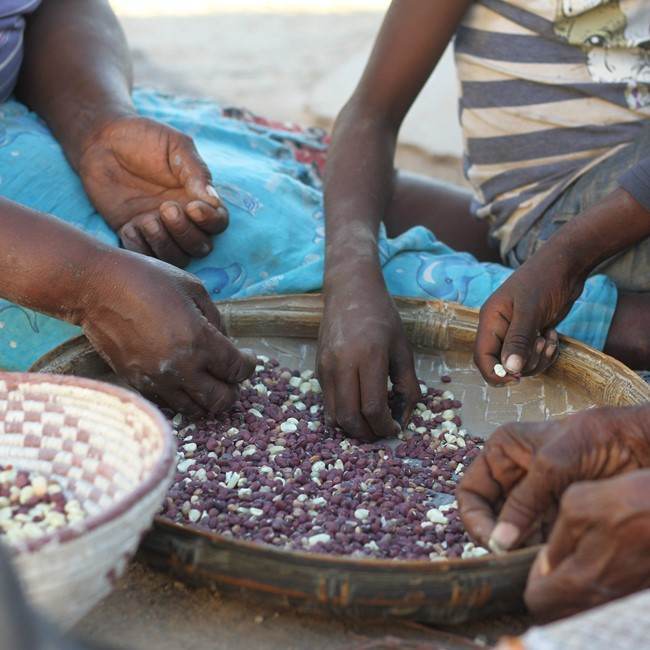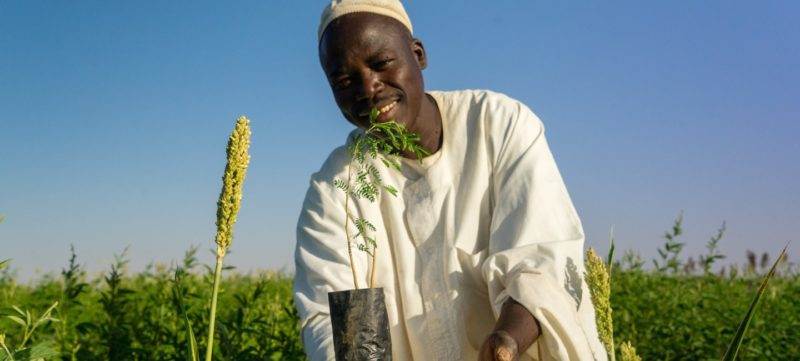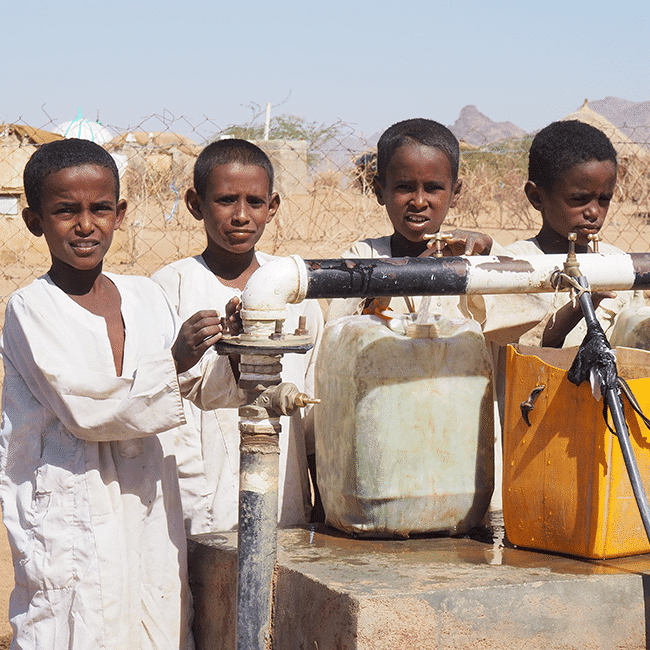This project delivers access to safe, affordable drinking water for pastoralist communities living in Kenya’s Turkana region. Funded by Grundfos Foundation, it also focuses on strengthening local water governance and water management systems.
Project overview
Title: Enhancing Water Access and Systems Strengthening for Arid and Semi-Arid Lands
Dates: Phase 1 – July 2019 to March 2021; phase 2 – January 2022 to January 2023
Location: Turkana county, Turkana South, Turkana East, Loima and Turkana Central sub-counties
Our role: Water, Sanitation and Hygiene (WASH) infrastructure development, livelihoods diversification, facilitating social behaviour change and system strengthening
Target group: Pastoralist communities and local water systems operators in Northern Kenya, Turkana County Government & Assembly, Water Resource Authority and National Environment Management Authority
Project Budget: £ 2.4 million
Aim: Resilience that Protects
Lead Donor: Grundfos Foundation
“We have to take our animals all the way to Uganda for water. That causes conflict with other communities who also rely on that water point; sometimes we have to give a goat or a cow as payment.”
– Tioko Loyoko from Lomokori
Context
Turkana is an arid and semi-arid region located in north-west Kenya. Persistent droughts make cultivating the land extremely difficult, and these are becoming more frequent due to climate change.
Communities tend to be nomadic pastoralists who relocate to find the most productive land, taking their livestock with them (goats, sheep and camels). As key household assets, keeping these animals alive is vital; but natural water sources are drying up and pasture land is diminishing.
In this marginalised region, more than 90% of the population live below the poverty level (USD$2 per day). Access to water is a huge challenge, with only approximately 40% of the Turkana population having access to clean water. This is not only due to the dry climate and worsening droughts, but also influenced by inadequate water resource development and management. It is not uncommon to have to walk for up to 15 km to reach a water source. These are usually precarious holes dug into dry river beds, resulting in dirty water. Collecting is usually the job of women and girls, hindering their participation in educational as well as productive economic activities. In addition, rates of malnutrition and sanitation-related diseases are high, due to the scarcity of clean water.
Our approach
This project uses multiple approaches to improve access to clean drinkable water for Turkana’s population.
Firstly, boreholes and solar-powered water pump systems have been installed at eight sites identified by the county authority. In keeping with local priorities, these are not only serving the communities, but also their livestock. Through capacity-building initiatives, local technicians and Water User Associations have been established trained to maintain these community-managed water and irrigation points.
Secondly, training has been provided to improve WASH practises and establish livelihood diversification practises. In partnership with the Turkana Department of Agriculture and Irrigation, practical knowledge is being disseminated in subjects like community-managed irrigation systems, conservation agriculture, pest control and post-harvest considerations. Finally, policies and regulations relating to the county’s water management systems will be made more robust and comprehensive, including guidance on water tariffs. We will collaborate with local government to future-proof communities’ access to safe water.
“I used to be away for the whole day collecting water from the river; I was tired from walking so far. Now there’s no problem. I have water whenever I need it. I’m clean and my children are clean.”
– Theresa Lomo in Nangorichoto
Our goals
Water access is central to addressing poverty, livelihoods and health issues. By improving access to clean water and stronger water management systems, the project is addressing the following goals:
- Build resilience to cope with increasing droughts.
- Allow communities to make better financial decisions related to migration and the sale of livestock, based on a sound knowledge of water availability.
- Reduced incidences of water and hygiene related diseases and improve community health.
- Increase school attendance for students, particularly females, who would otherwise spend long periods collecting water.
- Allow women more time to participate in family / community life and income-generating activities.
- Establish small-scale agriculture practices to improve food security and improve resilience in the face of livestock losses.
- Reduced incidences of conflict over water resources.
- Gather data to inform other sustainable water projects for pastoralist communities in the future.
-
Aims and impact
Our aims:
- Allow 72,000 people in pastoralist communities in north west Kenya access to clean drinking water for themselves and for their livestock.
- Establish 12 solar-powered water systems in three geographical clusters, and set up and train Water Committees to manage them.
- Improve sanitation and hygiene practices for 2000 households.
- Increase food production for 400 households
- Establish and train 10 Water User Associations and 12 Community Owned Water Operators to comply with local government regulations.
- Improved governance and management will increase the project’s direct impact on 100,000 individuals (and about 200,000 animals).
Achievements so far:
- Seven boreholes have been drilled and equipped with solar pumping systems and water distribution piping. Eight cattle troughs have been constructed.
- Over 30,000 people can now access water in seven villages.
- Seven community water management committees have been established, trained and officially registered and networked into the county’s Department for Water.
- More than 50,000 people have been engaged on sanitation issues through behaviour change communications and over 200 new latrines have been constructed.
- Practical Action has supported in the development of several water-related policies and legislations at county-level, including influencing the Turkana County Water Sector Strategic Plan.
- As a result of continuous capacity building and visits from the local Department of Agriculture, some pastoralists have turned their hand to farming, growing cow peas, spinach, watermelon and kale for domestic consumption and sale in the local markets.
Sustainable Development Goals
This project contributes to progress towards at least three of the seventeen SDGs.
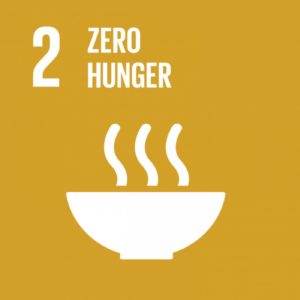
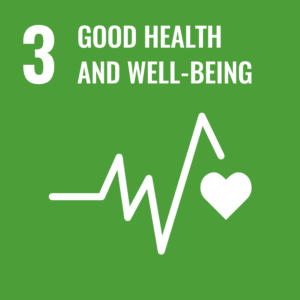
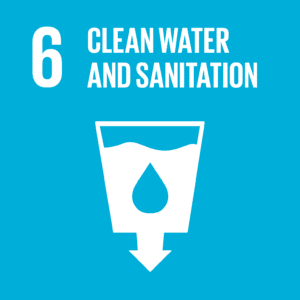
Work like this depends on your support
Help us work with communities to tackle some of the world’s toughest problems
Project funded by:

